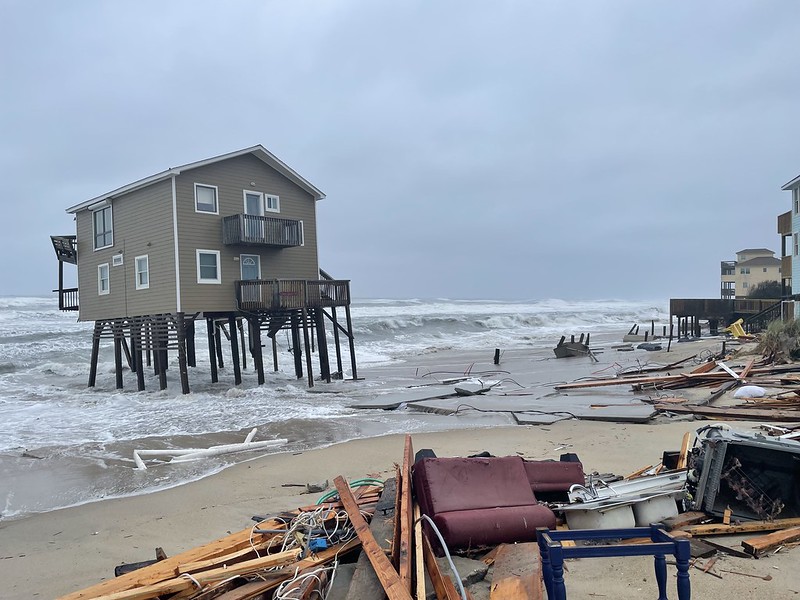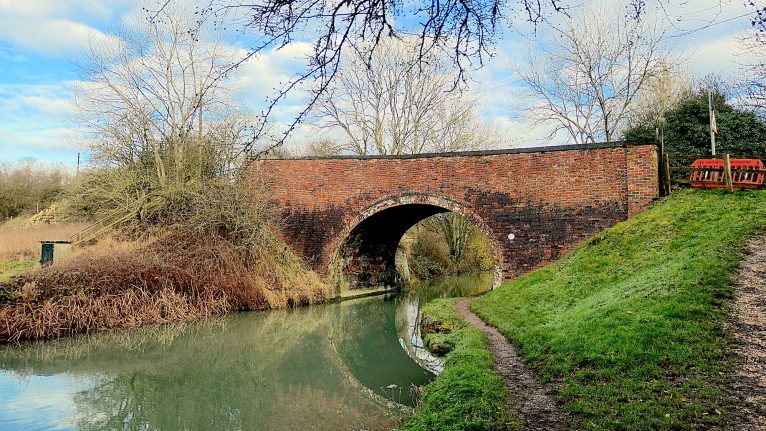Shocking footage of a house collapsing into the sea in North Carolina has gone viral online, demonstrating the climate threat now being faced by coastal communities around the world.
The footage shows a house on stilts in collapsing as a wave washes over it in Rodanthe, on Hatteras Island, part of the state’s Outer Banks.
According to US investigative reporter Tolly Taylor, the house was unoccupied at the time, but is estimated to be worth $381,200 (£309,603).
High tides in the area have caused widespread flooding which has been worsening in recent years as the area suffers from coastal erosion and rising sea levels accelerated by climate change.
North Carolina as a whole is particularly vulnerable to the impacts of a changing climate, with 1,200 miles of coastline and a sea level rise of around 4.5 millimeters in the northeast part of the state.
“Things are different today than they were 10, 15 years ago,” said Reide Corbett, director of East Carolina University’s Coastal Studies Institute, in a recent interview with local media.





